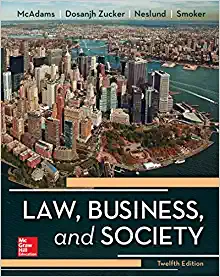| A) | When the auditor is unable to obtain sufficient appropriate audit evidence or when the auditor, despite having obtained sufficient appropriate audit evidence, concludes that misstatements, individually or in the aggregate, are both material and pervasive to the financialstatements. |
|
| B) | When the auditor is unable to obtain sufficient appropriate audit evidence or when the auditor is faced with multiple uncertainties and, dispite obtaining sufficient appropriate audit evidence about each individual uncertainty, cannot form an opinion on the financial statements as a whole because of their interaction and their potential cumulative effect or when the auditor, despite having obtained sufficient appropriate audit evidence, concludes that misstatements, individually or in the aggregate, are both material and pervasive to the financial statements. |
|
| C) | When the auditor is faced with multiple uncertainties and, dispite obtaining sufficient appropriate audit evidence about each individual uncertainty, cannot form an opinion on the financial statements as a whole because of their interaction and their potential cumulative effect or when the auditor, despite having obtained sufficient appropriate audit evidence, concludes that misstatements, individually or in the aggregate, are both material and pervasive to the financialstatements. |
|
| D) | When the auditor is unable to obtain sufficient appropriate audit evidence or when the auditor is faced with multiple uncertainties and, dispite obtaining sufficient appropriate audit evidence about each individual uncertainty, cannot form an opinion on the financial statements as a whole because of their interaction and their potential cumulative effect. |
|






